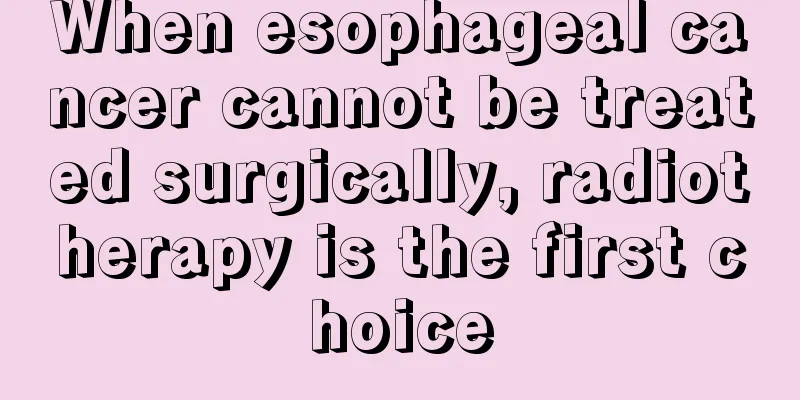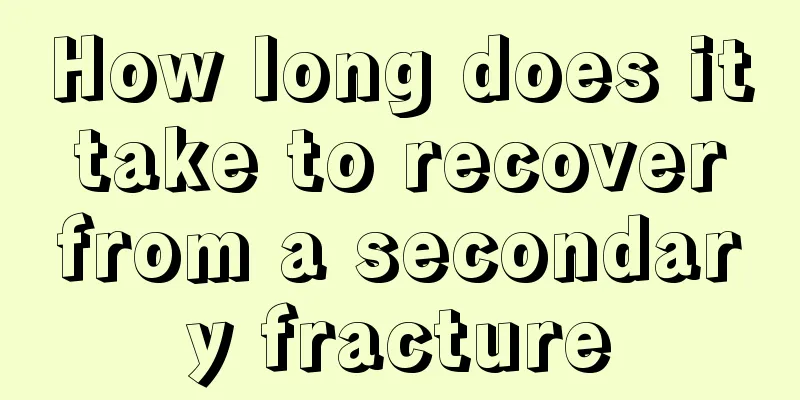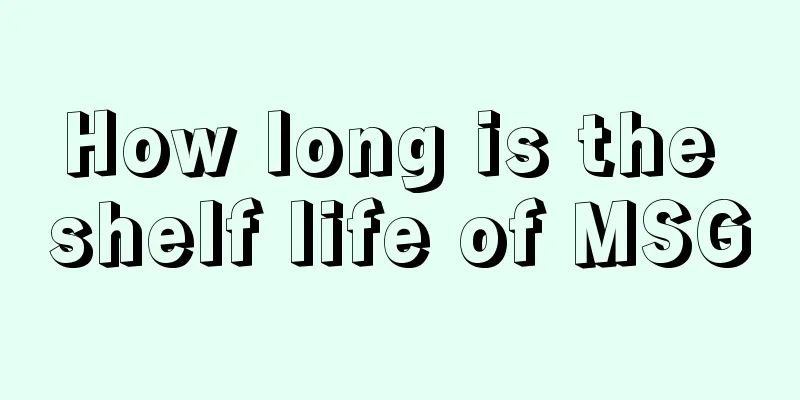When esophageal cancer cannot be treated surgically, radiotherapy is the first choice

|
Esophageal cancer is a common digestive tract tumor in northern Jiangsu Province, with a higher incidence in rural areas. Due to the lack of medical knowledge among patients, by the time symptoms appear, it is often in the middle or late stage of esophageal cancer. Many patients no longer have the opportunity for surgery, so radiotherapy becomes the preferred treatment method. Radiotherapy is a non-invasive tumor treatment method and one of the three sharp knives that humans use to fight tumors. It inhibits or even kills tumor cells through high-energy X-rays, and can simultaneously control the primary tumor and the surrounding areas that may be affected by the tumor, that is, subclinical lesions. Esophageal cancer patients who receive radiotherapy often feel fatigue and loss of appetite. If cervical or upper thoracic esophageal cancer is treated with radiotherapy, the patient will also experience sore throat and difficulty swallowing. Skin damage will occur in the local area of radiotherapy, just like sunburn. Most adverse reactions will disappear some time after the end of radiotherapy. Mr. Wan, 67 years old, who lives in northern Jiangsu, has been feeling that eating is not smooth for some time. He feels choking when food reaches his chest, and he needs to drink some water every time to slowly swallow it. This symptom gradually worsened, until he felt that he couldn't drink porridge smoothly, his voice was not as loud as before, and his weight also dropped significantly. Recently, Mr. Wan went to Nanjing to visit relatives, and thought of taking a health check in the provincial capital Nanjing, so he went to the hospital for treatment. After the doctor asked about the medical history in detail, he recommended that the patient undergo a gastroscopy. The endoscopic examination found that the patient's middle and lower esophageal mucosa was rough, the surface was uneven, and the lumen was locally narrowed. A biopsy confirmed squamous cell carcinoma. After consultation with the general surgery, oncology, and radiotherapy departments, it was decided to use radiotherapy to radically cure the esophagus. Tumor. Before radiotherapy, CT simulation technology was used to accurately locate Mr. Wan's tumor. The exact location of the tumor was determined, and the field design was performed by computer. Coplanar five-field intensity-modulated radiotherapy was used. After more than a month of radiotherapy, the patient's choking symptoms while eating were significantly improved. Upper gastrointestinal tract barium meal and CT examinations revealed that the primary lesion and metastatic lymph nodes had significantly retracted. |
<<: 6 factors that cause lung cancer
>>: Changing bad eating habits can prevent esophageal cancer
Recommend
What are the early symptoms of colon cancer
Colorectal cancer may be caused by a sedentary li...
What medicine can cure urticaria quickly
Many people have experienced symptoms of itchy sk...
What soaks in water and has the effect of clearing the liver and promoting bile secretion
The liver is the largest detoxification organ in ...
Is the water coming out from below after moxibustion dampness?
I believe that everyone pays special attention to...
The significance of preoperative radiotherapy for esophageal cancer
Preoperative radiotherapy is not routine for pati...
Experts briefly explain the methods of treating prostate cancer
Prostate cancer is a malignant tumor that serious...
Are chicken essence and MSG harmful to the human body?
Are chicken essence and MSG harmful to the human ...
What does dizziness mean?
Dizziness means feeling lightheaded and having a ...
Seven main common causes of melanoma
Melanoma can be divided into malignant and benign...
Tips on how to deal with oily hair
Many female friends often have oily hair. Even if...
Dietary considerations for esophageal cancer patients during treatment
Patients with esophageal cancer need to abstain f...
What are the best ways to get rid of mites?
Mites can cause great harm to people's lives ...
The effect of zinc oxide on the skin
Zinc oxide is a chemical substance. If this chemi...
Can you eat cantaloupe and sweet potato together?
Both cantaloupe and sweet potato have the same pr...
Why does my scalp itch after dyeing my hair?
Some hair dyes are very safe now, but some are no...









